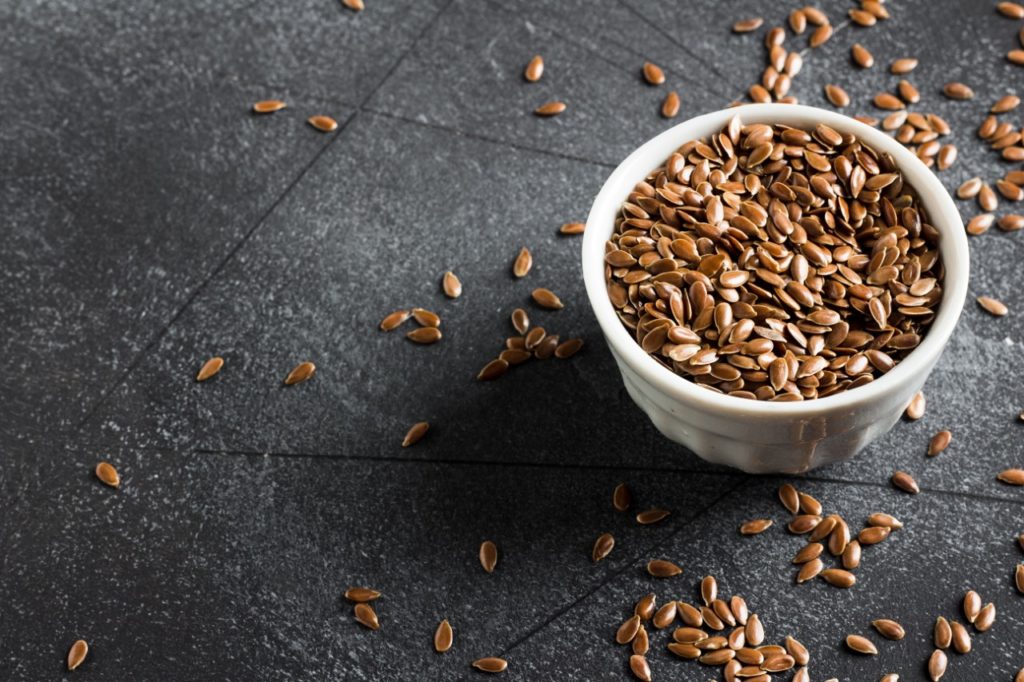
All You Need To Know About Thyroid: Functions, Types, Symptoms, Treatments And Lifestyle Changes
Your thyroid gland is a 2-inch-long butterfly-shaped organ placed in the front part of your neck, encompassing the airpipe, known as the trachea, just above your collarbone. It plays a massive role in producing hormones in your body that regulate the body’s vital functions like the brain, heart, liver, kidney, skin, hair, muscles and other organs. In this article, Dr Kausthub Desikachar discusses all you need to know about Thyroid: Functions, Types, Symptoms, Treatments And Lifestyle Changes.
The thyroid gland is brownish-red in colour and has two lobes that lie on each side, united by a joint known as the isthmus in the centre. The thyroid gland, rich in blood vessels, is a component of the intricate system of glands named the endocrine system. The endocrine system is accountable for regulating many of your body’s actions.
Functions Of The Thyroid Gland
The functioning of the thyroid gland solely depends on a good amount of iodine from the food we intake. The cells that generate thyroid hormones exclusively extricate and absorb the iodine from our blood and fuse it into the thyroid hormones. This thyroid gland produces the hormones that administer and regulate the body’s vital body functions, including:
- Brain, heart, liver, kidney, skin, hair, muscles and other organs working properly
- Helps in developing the central and peripheral nervous systems
- It helps quickly burn your calories
- Regulates menstrual cycles
- Controls body temperature
- Aids in keeping cholesterol levels at bay, and much more.
All You Need To Know About Thyroid Disease
Dr Kausthub Desikachar says the health of your thyroid gland determines your overall health and well-being. That being said, let us understand the working of the thyroid gland.
A thyroid problem is a medical condition that prevents your thyroid gland from producing the appropriate amount of hormones your body requires to function flawlessly. The most common thyroid problems involve unusual production of thyroid hormones; either too much thyroid hormone is produced or insufficient thyroid hormones are produced.
The thyroid gland utilizes the iodine from the food we intake to make two thyroid hormones that regulate your metabolism with the cooperation of few particular hormones — T4 (thyroxine) and T3 (triiodothyronine). These hormones produced by the thyroid gland work synchronically and direct the body’s cells on how much energy must be used for the body’s mechanism.
When your thyroid works effectively, the right volume of hormones keeps your metabolism operating at the correct pace. All of these activities are overseen and monitored by the pituitary gland, a small oval-shaped gland placed in the middle of the skull, at the base of your brain. The pituitary gland monitors and regulates the volume of thyroid hormones in your bloodstream. When the pituitary gland senses a shortage of thyroid hormones or a high level of hormones in your body, it aids in reconstructing the volumes with its hormone named thyroid stimulating hormone (TSH).
Hyperthyroidism
When your thyroid produces too many T3 and T4 hormones for the body, it is called hyperthyroidism or an overactive thyroid.
Symptoms Of Hyperthyroidism
The symptoms of hyperthyroidism generally differ from body to body and involve:
1. Nausea and vomiting sensation
2. Feeling of nervousness
3. Being fidgety and restless
4. Getting anxious about everything
5. Trouble sleeping
6. Eyes that extrude out
7. Unusual irregular pulsation
8. Itching
9. Breakable, thin hair
10. Excessive hair loss
11. Muscle feebleness
12. Trembling hands
13. Inexplicable weight loss
14. Thinning skin
15. Intensified sweating
Hypothyroidism
Hypothyroidism is the reverse of hyperthyroidism. When your thyroid gland doesn’t produce enough T3 and T4 hormones for the body to perform effectively, it is called hypothyroidism or an underactive thyroid.
Symptoms Of Hypothyroidism
The symptoms of hypothyroidism generally differ from body to body and involve:
1. Trouble sleeping
2. Dehydrated, dry skin and frizzy, dry hair
3. Puffed up face
4. Increased sensitiveness to cold temperatures
5. Fatigue and over-tiredness
6. Muscle weakness
7. Depression
8. Hoarseness in the voice
9. Inexplicable weight gain
10. Slow heart rate
11. Complexity in concentrating
12. Weakened memory
13. Joint and muscle pain
14. Stiffness or swelling in the joints
15. Constipation
16. Raised levels of cholesterol
17. Frequent, heavy flow periods
As the condition advances, the symptoms progressively grow more critical.
Treatment For Thyroid
Dr Kausthub Desikachar says if you’ve been diagnosed with a thyroid problem, it hints at a sedentary lifestyle. Yes, thyroid is not a dysfunction but a lifestyle disorder.
Once you’re diagnosed with thyroid, an allopathic doctor (Western medicine) will prescribe pills that you will most probably have to have lifelong. These pills are an artificial variant of the thyroid hormone that makes your thyroid gland work normally.
But, in Ayurveda, with the help of ayurvedic herbs and an additional effort from your side by managing a healthy diet and lifestyle, can stop this condition from growing any further. These Ayurvedic remedies aid in the proper flow of hormones while encouraging adequate absorption of nutrients and restoring your health.
Lifestyle Changes That Help Manage Your Thyroid Effectively
1. Eat fresh, natural, wholesome foods.
2. Never skip your meal.
3. Drink plenty of water.
4. Withdraw eating processed foods.
5. Limit the intake of sugar.
6. Avoid smoking.
7. Evade consumption of alcohol.
8. Stop sleeping in the afternoons.
9. Indulge in any form of exercise every day.
10. Maintain a healthy weight.
11. Get a good night’s sleep.
12. Look for ways to relax and be stress-free.
Dr Kausthub Desikachar wishes all his readers a happy and healthy life.

Dr Kausthub Desikachar
Dr. Kausthub Desikachar is the successor and current lineage holder of the classical Viniyoga tradition of T Krishnamacharya & TKV Desikachar. He is an acclaimed yoga teacher, yoga therapist, healer and spiritual adviser. He is also an avid photographer, inspirational writer and poet.
Trending Post


Effective Ways To Improve Memory And Mental Performance In 2021
February 16, 2021

5 Best Places To Visit In Vancouver, Canada
May 25, 2021

Benefits Of Chanting Sūrya-Gāyatrī-Mantra
March 15, 2021
Subscribe Now
Subscribe for blog updates on Poems, Photography, Health & Wellness, Spirituality & Culture and travel.